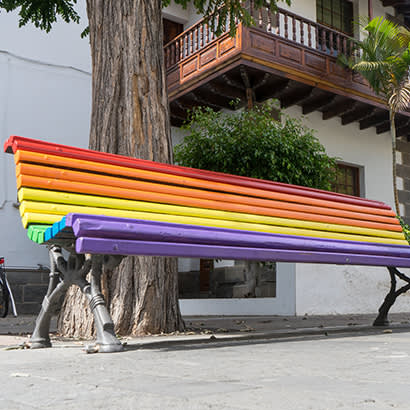The language we use matters – it has the potential to both uplift and disconnect. From the moment we begin communicating, we unconsciously absorb the implicit biases in our language. We might be unaware that certain words, and how we use them, can be harmful to others.
With the constant evolution of language, personal preferences, and changing contexts, there is rarely a “right” word. However, understanding which words may be more appropriate than others in certain situations can bolster our values, while also inviting others into our work. When we make thoughtful word choices, we play a part in creating a more welcoming environment.
As creators of community, park and recreation professionals can especially benefit from using language that is welcoming for all people. This guide was designed to help park and recreation professionals develop a common language that supports all of our missions: parks for all.
The guide is meant to reflect terminology most applicable to parks and recreation. It is important to keep in mind that there is not always agreement on which words are best, even amongst experts. These terms are our best effort to be as welcoming as possible based on the most up-to-date, contemporary research.
Download the Language Guide on NRPA Connect
This guide was last updated on July 1, 2024.*
*If the date on the cover of NRPA’s Language Guide does not match the date above, please refresh and/or clear your cache.


